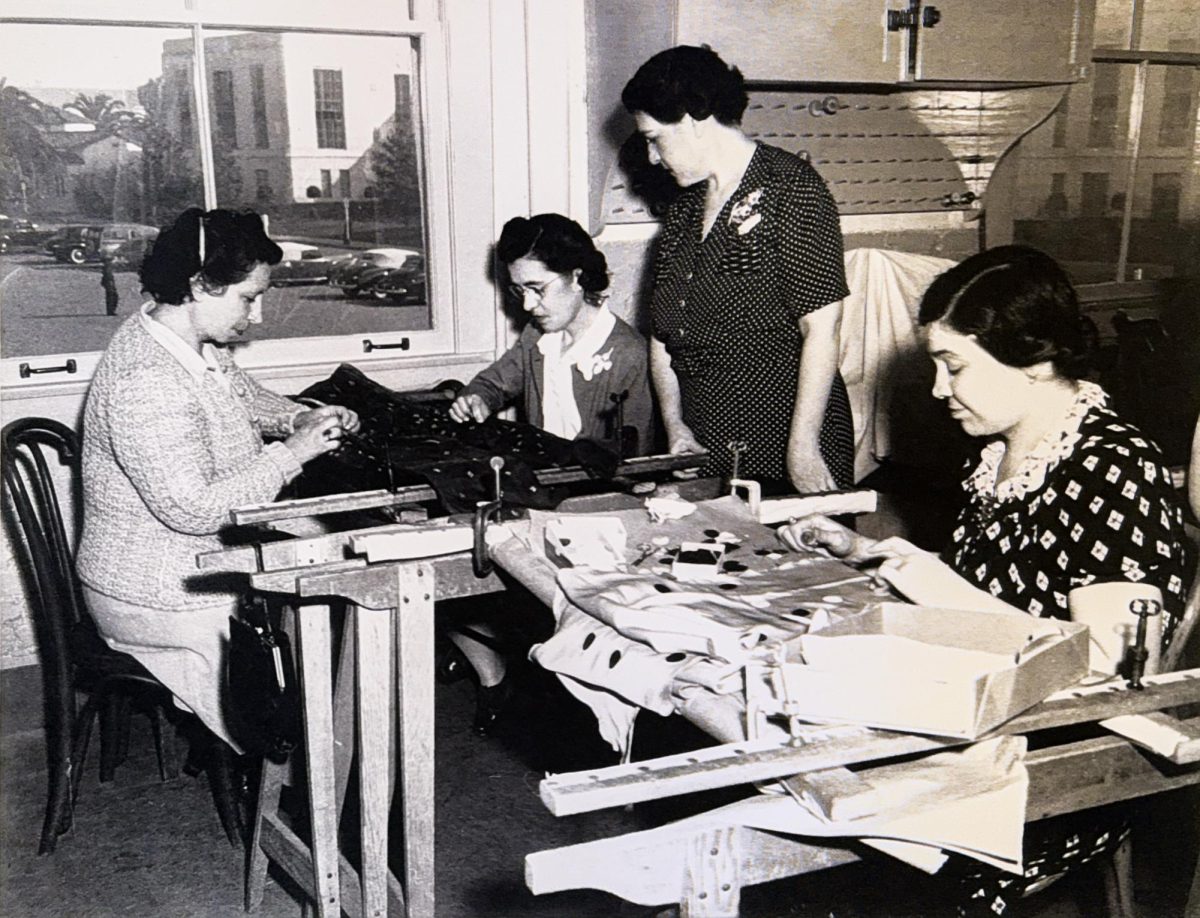Standardized tests have been used to make educational placement easier on a national level for years.
College admissions rely on these tests, funding is often based on a school’s standardized test scores, and each year students spend a large chunk of their class time dedicated to preparation for them. But these methods have come under higher scrutiny as they’ve been increasingly used, with arguments saying that they do more harm than good.
This week, The Channels staff debates whether the country should get rid of standardized testing.
 August Lawrence, Opinion Editor
August Lawrence, Opinion Editor
In the eighth grade I was given a timed standardized oral English test that would determine which classes I’d be placed in for high school.
I scored exceptionally on the written section, but because I struggled with speech and couldn’t physically talk fast enough, I ended up failing.
As a result of that timed standardized test, I ended up being placed in special-ed English.
Standardized tests are not a proper way to measure intelligence or comprehension, and should be removed or replaced in order for today’s public education system to make any sort of progression in the future.
Standardized aptitude tests have been around for a long time—at least 150 years. They’re required for military service and many other high-pressure jobs. But it wasn’t until President George W. Bush’s ‘No Child Left Behind’ program circa 2001 that tests became required across the country for all students, and not just those looking to become professionals in certain fields.
The problem with having a test designed for students across the board is that it overlooks the thousands with learning disabilities or other difficulties.
After finishing the test, I remember thinking “that wasn’t made for me.”
It’s not only those with difficulties learning and taking tests—standardized testing marginalizes entire groups based on race, ethnicity, class or perceived intelligence levels.
According to a survey by the Learning Tolerance Center for Justice, research indicates that being targeted by these “well-known stereotypes—‘blacks seem unintelligent,’ ‘Latinos perform poorly on tests,’ ‘girls can’t do math’—can be threatening to students in profound ways.”
This can be called a stereotype threat and is detrimental to student success.
These assessments only determine which students are good test-takers, not overall intelligence and aptitude. It is based on testing and creating future workers who can thrive under high pressure and can be relied upon to perform.
This can alienate those who don’t fit the mold.
Being placed in special-ed because of a bad test grade gave me a negative mindset towards education and killed my drive during high school.
These tests can be just as bad for teachers. When students score poorly on standardized tests, the teacher is blamed and may face undue professional consequences.
There are more equitable ways to examine the proper placement for an American student that actually exist right now.
Untimed written assessments, video interviews, and eliminating any time factors from tests have all been found to provide more inclusive success rates. Game-based learning and assessments on platforms like the Khan Academy or Scholastic are also more likely to receive higher scores overall.
The oral test I failed was designed for English speakers who have no problems with articulating clearly. Because I wasn’t a “standard” student I failed the standardized test.
 Jacob Frank, Associate Editor
Jacob Frank, Associate Editor
I didn’t know it at the time, but I used to resent standardized tests.
I resented them because they put me in classes that I should’ve been in—that challenged and pushed me—instead of the easy-going, fun classes with the “cool” kids where I wanted to be.
Even though I wasn’t having as much fun as some of my friends, the standardized tests were necessary to make sure I was at an appropriate level where I could grow and stay focused.
But that doesn’t mean they are perfect.
It’s not the concept of testing that’s a problem, but how the tests are conducted and how the results are utilized.
I’ll never forget testing days in elementary and middle school. Contrary to many of my friends’ experiences, I actually enjoyed when they would come around every year.
I’d go to school and there would be a certain, serious vibe in the air—but not in a bad way. It was a break from the normal, a day focused on the students where we could test our abilities.
It’s hard to know if you are really growing academically as a kid, and I think I liked to see that validation as a number.
I also liked the pieces of gum and the Jolly Rancher they would give us to help us focus.
But after testing week was over, that was it. We never had a big pep-talk about how we were doing as students, my teacher never came to me to talk about how I could improve, and we just kept moving along with the curriculum.
Although standardized tests are capable of recognizing talent, a better system would be one where each student’s unique talents and needs are focused on and nurtured.
It’s not the concept of testing that’s a problem, but how the tests are conducted and how the results are utilized.
But the growth of our nation and society has given us little choice, and there has to be a way to find where students are at with their education.
In a system with hundreds and thousands of different young minds to teach every day, unfortunately, that’s what we ended up needing: a system.
Sometimes potential is hidden beneath the surface. Some students are afraid of testing and anxious on test day. There isn’t a one-size-fits-all for ensuring academic success, but these tests can find the exceptional students that need to be placed in a more challenging environment.
Standardized tests are a general way to gauge where the student population is academically, so changes can be made to the curriculum on a large scale. It is how we can allocate funding to the schools that need it most.
And until the entire educational system is revolutionized and built from scratch, we’ve got to work with what we’ve got.









